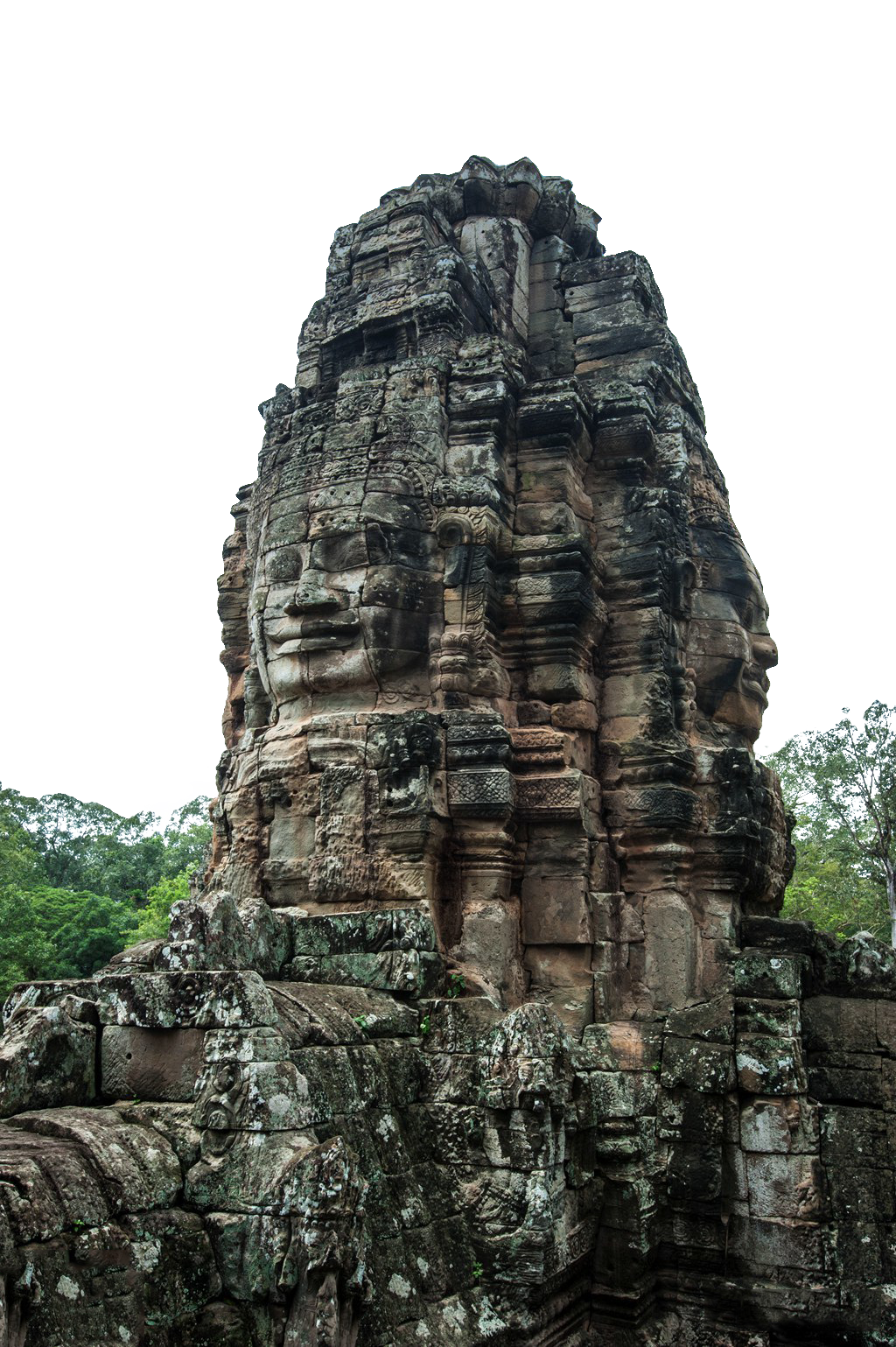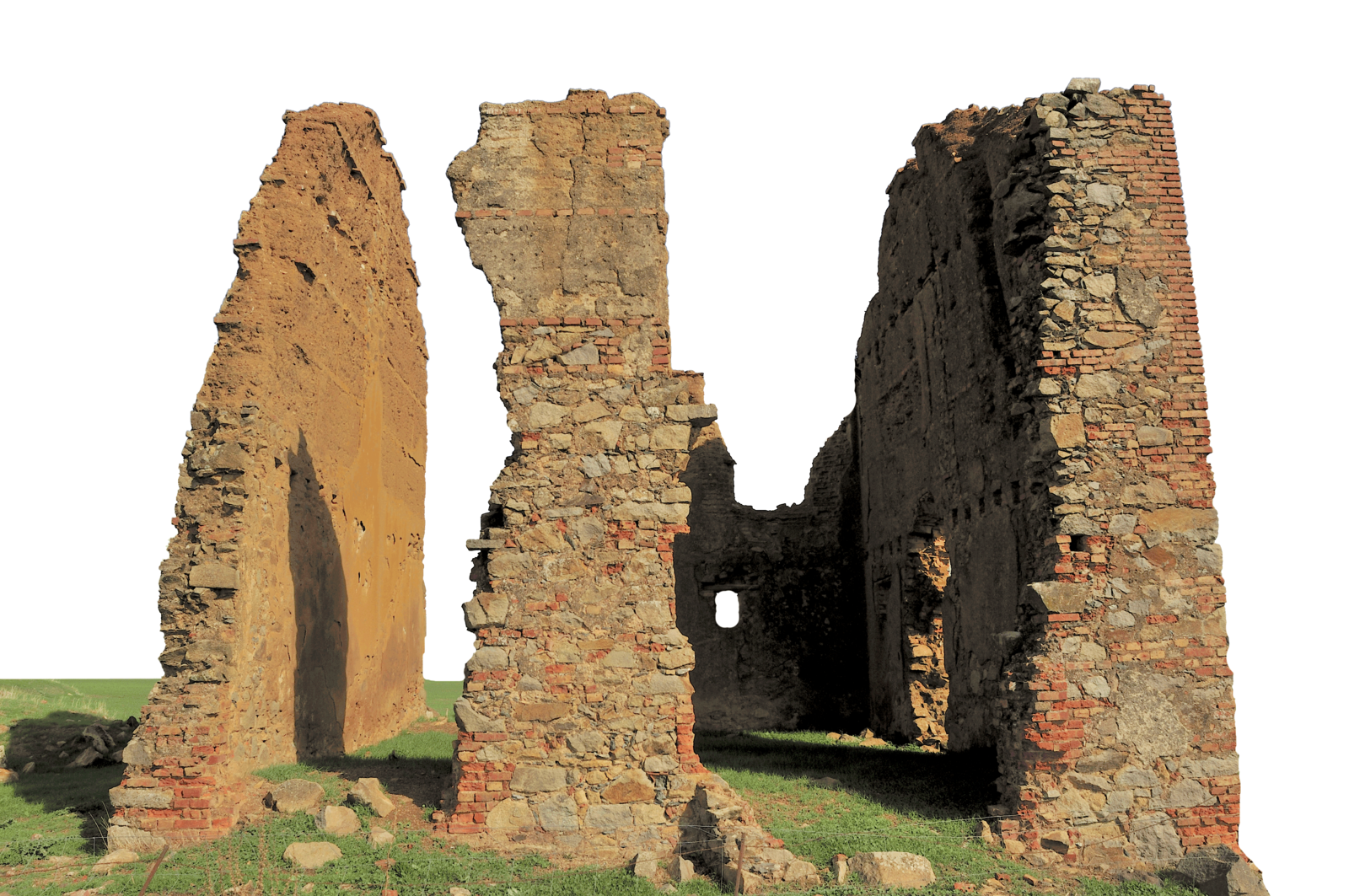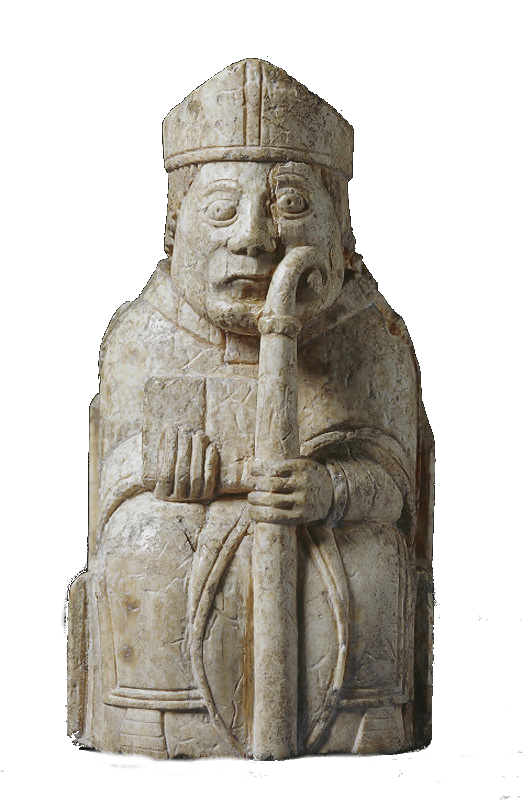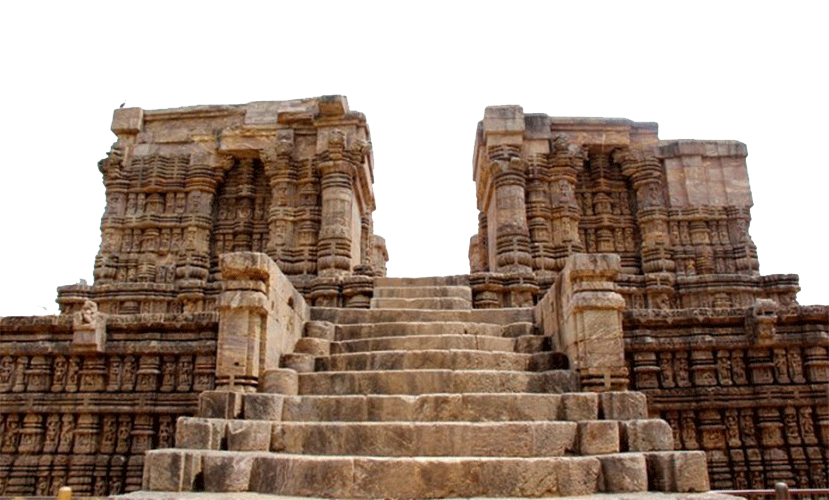Archaeology
Welcome to c/Archaeology @ Mander.xyz!
Shovelbums welcome. 🗿

Notice Board
This is a work in progress, please don't mind the mess.
- 2023-06-15: We are collecting resources for the sidebar!
- 2023-06-13: We are looking for mods. Send a dm to @fossilesque@mander.xyz if interested!
About
Archaeology or archeology[a] is the study of human activity through the recovery and analysis of material culture. The archaeological record consists of artifacts, architecture, biofacts or ecofacts, sites, and cultural landscapes.
Archaeology has various goals, which range from understanding culture history to reconstructing past lifeways to documenting and explaining changes in human societies through time.
The discipline involves surveying, excavation, and eventually analysis of data collected, to learn more about the past. In broad scope, archaeology relies on cross-disciplinary research. Read more...
Rules
- Don't throw mud. Be kind and remember the human.
- Keep it rooted (on topic).
- No spam.
- No pseudoscience/pseudoarchaeology.

Links
Archaeology 101:
Get Involved:
University and Field Work:
- Archaeological Fieldwork Opportunities Bulletin
- University Archaeology (UK)
- Black Trowel Collective Microgrants for Students
Jobs and Career:
Professional Organisations:
- Chartered Institute for Archaeologists (UK)
- BAJR (UK)
- Association for Environmental Archaeology
- Archaeology Scotland
- Historic England
FOSS Tools:
- Diamond Open Access in Archaeology
- Tools for Quantitative Archaeology – in R
- Open Archaeo: A list of open source archaeological tools and software.
- The Open Digital Archaeology Textbook
Datasets:
Fun:
Other Resources:

Similar Communities
Sister Communities
Science and Research
Biology and Life Sciences
- !anthropology@mander.xyz
- !biodiversity@mander.xyz
- !palaeoecology@mander.xyz
- !palaeontology@mander.xyz
Plants & Gardening
Physical Sciences
Humanities and Social Sciences
Memes
Find us on Reddit

view the rest of the comments
This is the best summary I could come up with:
Using a battery of scientific techniques, as well as historical and anthropological knowledge, the anthropologist-archaeologist-mountaineers who discovered Juanita were able to unpick the story of her final months, weeks and hours.
They looked more hobo than emeritus professor, but it was clear they were intellectual and scientific heavyweights, piecing together the story of a complex site that spanned thousands of years of human activity.
The real value of these myriad material remains is in how they connect to each other – where the flakes of a flint tool are situated in relation to a fireplace, how a shrine is aligned with the sunrise, or how a site has been reused and reshaped by successive generations.
Television shows such as Digging for Britain and Time Team capture the wonder of discovering that past, the precision of archaeological techniques, and several big, tricky questions.
How did people in the past tackle the challenges of life we still grapple with today – whether that’s how to build a rainproof roof, grow food, carry babies comfortably, choose a leader, make sense of death or keep their loved ones safe?
You keep going in all weathers, you have to combine physical skill with mental agility, and you pay close attention to tiny details while holding the big picture in mind.
The original article contains 1,648 words, the summary contains 211 words. Saved 87%. I'm a bot and I'm open source!